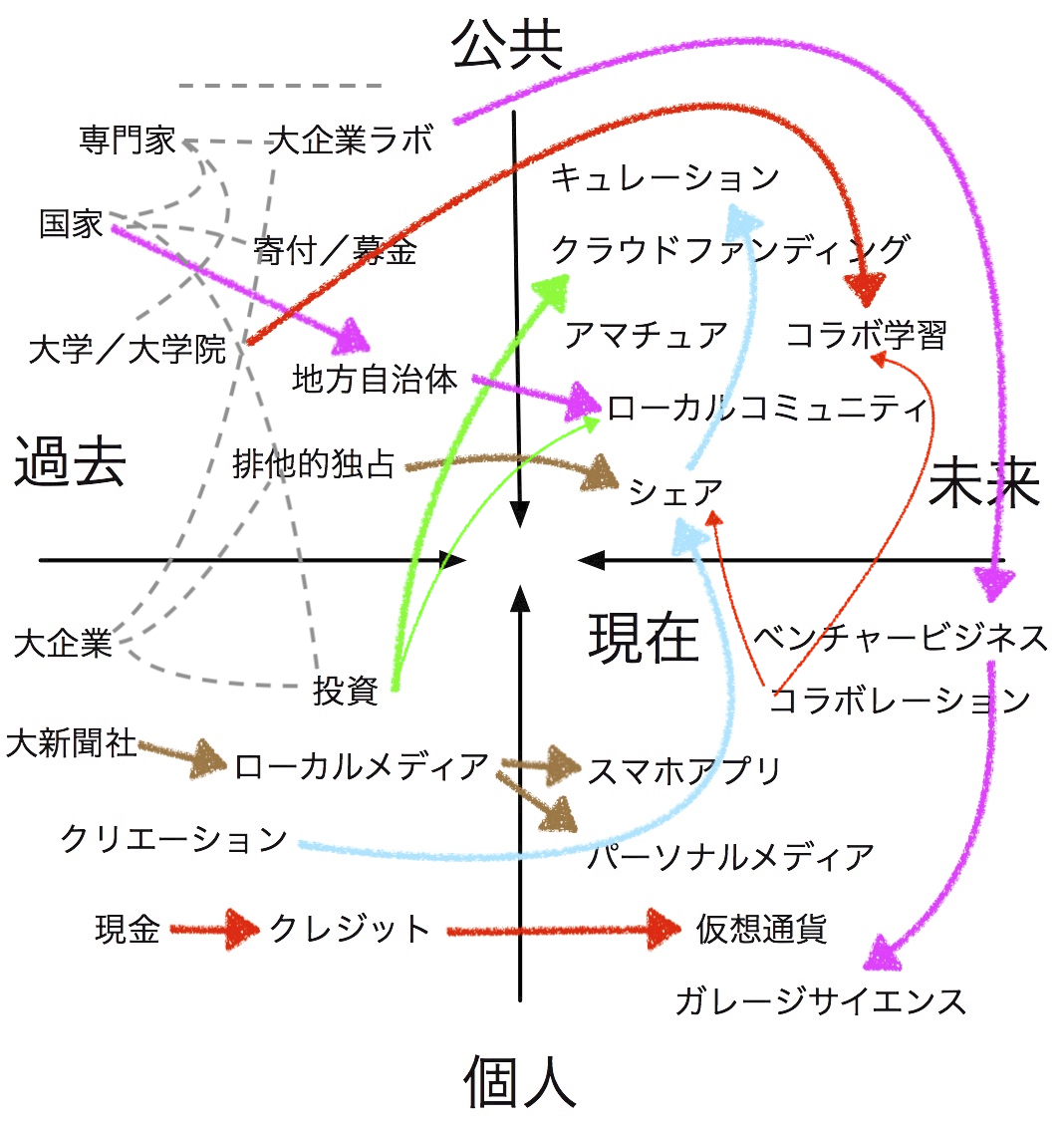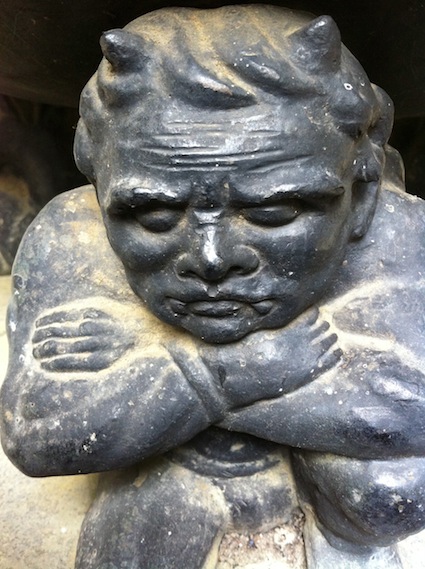IRとはなにか
What is Institutional Research
(IR) ?
IRとは、組織研究(Institutional
Research)のことであるが、一般にIRとアクロニムで呼ばれると、URA(=大学研究管
理部門)における、組織間の間の調整やその実践、
さらには、それに関する学問や研究のことをさす(→URA)。なお、このページは研究「URA機能維持と進展の新時代」の成果のひとつである。
IR(Institutional Research)とは、大学のアドミニストレーションのための用語であり、入学、財政援助、カリキュラム評価、登録管理、人員配置、学生生活、 財政、施設、運動選手、および同窓生関係の情報収拾と分析ならびに、それにもとづくさまざまな実践活動のの総体のことを言う。
”Institutional Research is a broad category of work done at schools, colleges and universities to inform campus decision-making and planning in areas such as admissions, financial aid, curriculum assessment, enrollment management, staffing, student life, finance, facilities, athletics, and alumni relations. Institutional researchers collect, analyze, report, and warehouse quantitative and qualitative data about their institution's students, faculty, staff, curriculum, course offerings, and learning outcomes. They are involved in collecting and reporting information to government bodies (for example, in the USA, the United States Department of Education's Integrated Postsecondary Education Data System), to the public (e.g., Common Data Set, the National Association of Independent Colleges and Universities's University-College Accountability Network), and various college guide publishers (e.g., U.S. News & World Report and College Board). On occasion, institutional researchers share data with one another to compare their own practices and outcomes against those of similar institutions. Institutional research is the source of much of the information provided to regional and national accreditation bodies to document how institutions fulfill the standards for accreditation. In addition to reporting, institutional researchers often engage in data analysis, ranging from simply testing whether differences in reported data are statistically significant to developing and using causal and predictive statistical models. Such models are often used in support of assessment and strategic enrollment management.”- Institutional Research
●IR(Institutional Research)を学び、Institutional Researcherになる方法(同Institutional Researcher記事より)
| "Due to the need to provide data to the federal government and other entities, nearly every post-secondary institution has offices that fulfill the institutional research function. At some colleges and universities this function is centralized in a single office of institutional research, while at others it is more de-centralized. There is no single academic degree that qualifies one to be an institutional researcher, but suggested strengths include a knowledge of statistics, research methods (e.g., survey research and focus groups), and computer-based reporting and data visualization tools (e.g., SPSS, SAS, R, STATA, Microsoft Access, Microsoft Excel, MicroStrategy, and SQL). Other important assets are strong written and oral communications skills, attention to detail, and knowledge about how institutions of higher education operate. Several American universities offer graduate certificate programs in institutional research,[1] including Ball State University, Florida State University, Humboldt State University,[2] North Dakota State University, Penn State University, Indiana University, University of Missouri, University of Illinois, the University of Wisconsin - Stout,[3] and the University of California San Diego Extension. [4]"-Institutional Research | (Google翻訳によるテキスト)連邦
政府やその他の組織にデータを提供する必要があるため、ほぼすべての高等教育機関には、機関の研究機能を果たすオフィスがあります。一部の大学では、この
機能は機関研究の単一のオフィスに集中化されていますが、他の大学ではより分散化されています。機関研究者としての資格を得る単一の学位はありませんが、
推奨される強みには、統計、研究方法(調査研究やフォーカスグループなど)、コンピューターベースのレポートおよびデータ視覚化ツール(SPSSなど)の
知識が含まれます。SAS、R、STATA、Microsoft Access、Microsoft
Excel、MicroStrategy、およびSQL)。その他の重要な資産は、書面および口頭での強力なコミュニケーションスキル、細部への注意、高
等教育機関の運営方法に関する知識です。[1]ボール州立大学、フロリダ州立大学、フンボルト州立大学、[2]ノースダコタ州立大学、ペン州立大学、イン
ディアナ大学、ミズーリ大学、イリノイ大学など、いくつかのアメリカの大学が制度研究の卒業証明書プログラムを提供しています。ウィスコンシン大学-スタ
ウト[3]およびカリフォルニア大学サンディエゴエクステンション。[4] |
| 《これからのURA/IRの課題》 トヨタにワクワク感はないけど、ホンダにはワクワク感があった、しかし、Boston Dynamics にはもっとあるねぇ。もちろん見せ方にも工夫しているが、製品に対する自信がそうさせているのでしょう? だったらトヨタを反面教師として何を我々は模索すべきか? |
●先行研究一瞥
 |
●Organizational theory
Organizational theory is "[a] theory involves concepts or constructs that are related in such a way as to explain why certain phenomena occur. An organizational theory involves a set of concepts/constructs that are related to each other and explain how individuals behave in social units we call organizations. Organizational theory also concerns understanding how groups of individuals behave, which may differ from the behavior of an individual. The behavior organizational theory often focuses on is goal-directed. In the early 20th century, theories of organizations initially took a rational perspective but have since become more diverse. In a rational organization system, there are two significant parts: Specificity of Goals and Formalization. The division of labor is the specialization of individual labor roles, associated with increasing output and trade. Modernization theorist Frank Dobbin wrote that "modern institutions are transparently purposive and that we are in the midst of an extraordinary progression towards more efficiency." Max Weber's conception of bureaucracy is characterized by the presence of impersonal positions that are earned and not inherited, rule-governed decision-making, professionalism, chain of command, defined responsibility, and bounded authority. [Source?]Contingency theory holds that an organization must try to maximize performance by minimizing the effects of varying environmental and internal constraints. Dwight Waldo in 1978 wrote that "[o]rganization theory is characterized by vogues, heterogeneity, claims and counterclaims." Organization theory cannot be described as an orderly progression of ideas or a unified body of knowledge in which each development builds carefully on and extends the one before it. Rather, developments in theory and descriptions for practice show disagreement about the purposes and uses of a theory of organization, the issues to which it should address itself (such as supervisory style and organizational culture), and the concepts and variables that should enter into such a theory."-Organizational theory.
On theoretical development from th WW2; "There was a wave of scholarly attention to organizational theory in the 1950s, which from some viewpoints held the field to still be in its infancy. A 1959 symposium held by the Foundation for Research on Human Behavior in Ann Arbor, Michigan, was published as Modern Organization Theory. Among a group of eminent organizational theorists active during this decade were E. Wight Bakke, Chris Argyris, James G. March, Rensis Likert, Jacob Marschak, Anatol Rapoport, and William Foote Whyte."- Organizational theory.
リンク(大阪大学経営企画オフィスURA関連)
リンク(URAについて知ろう!)
各大学の取り組み
研究経営(池田光穂)
文献
その他
Copyleft, CC, Mitzub'ixi Quq Chi'j, 1997-2099
